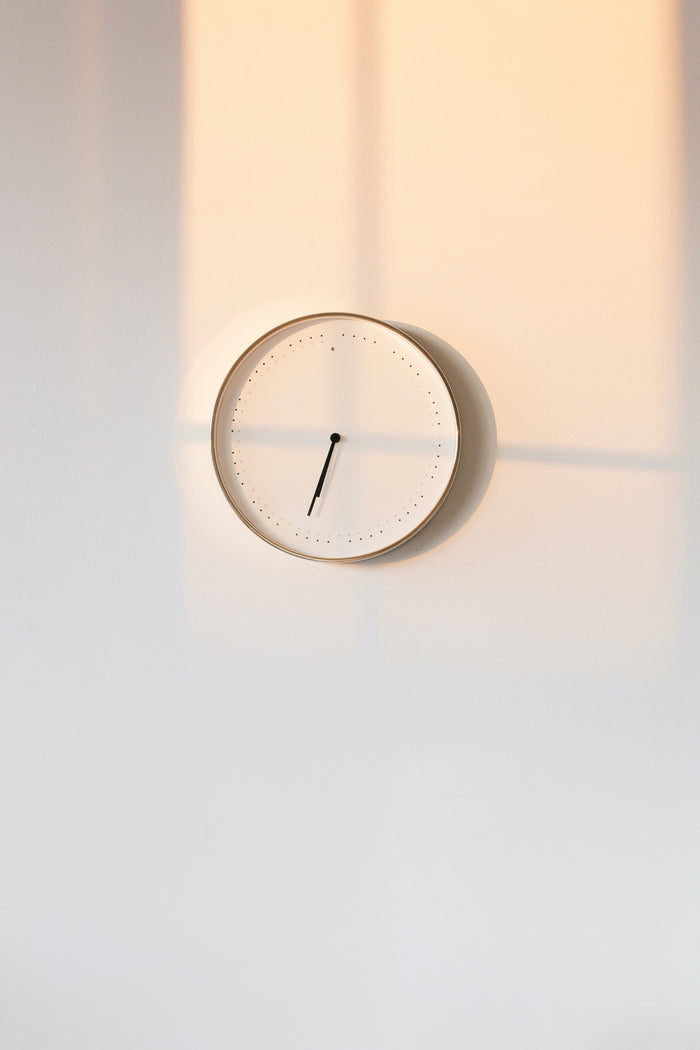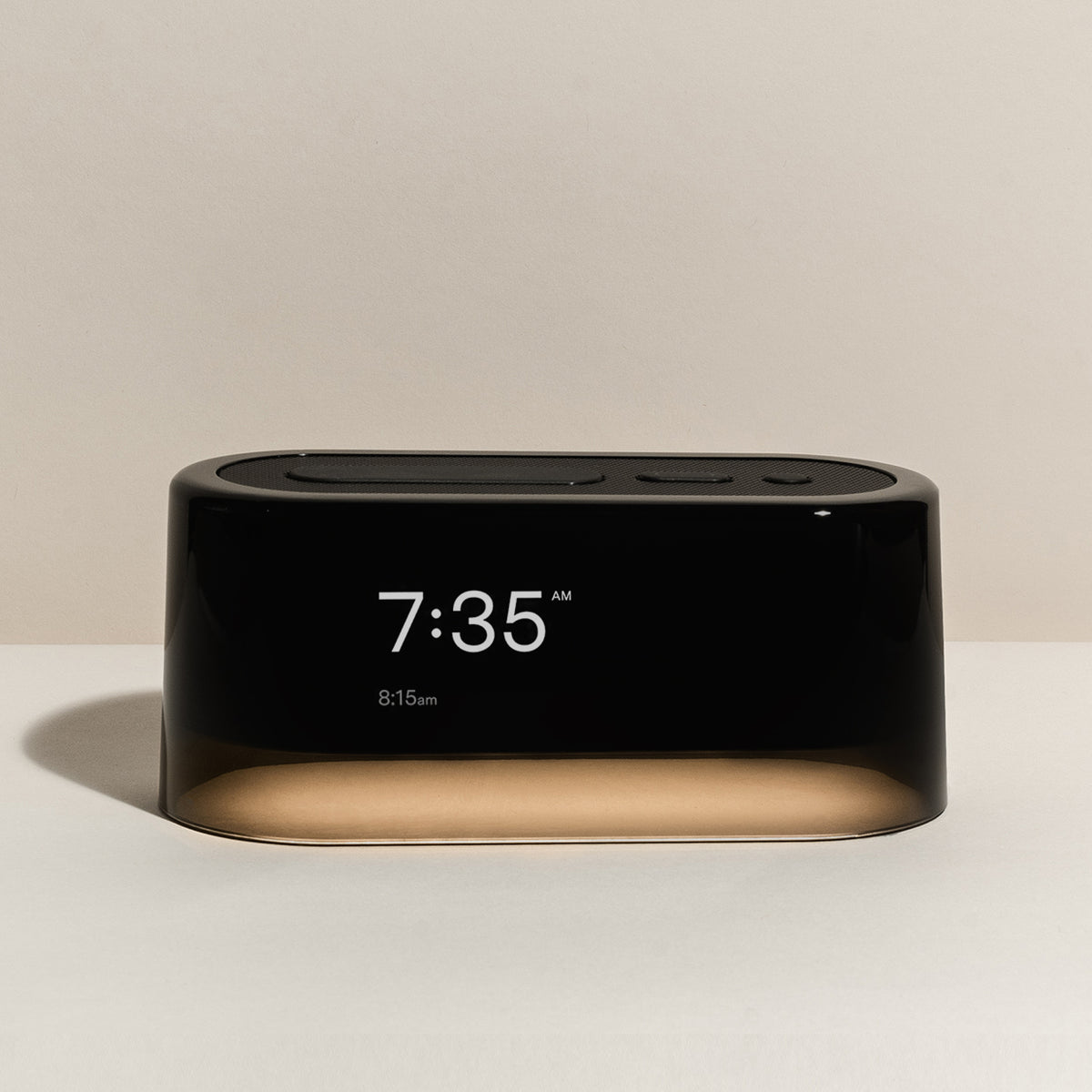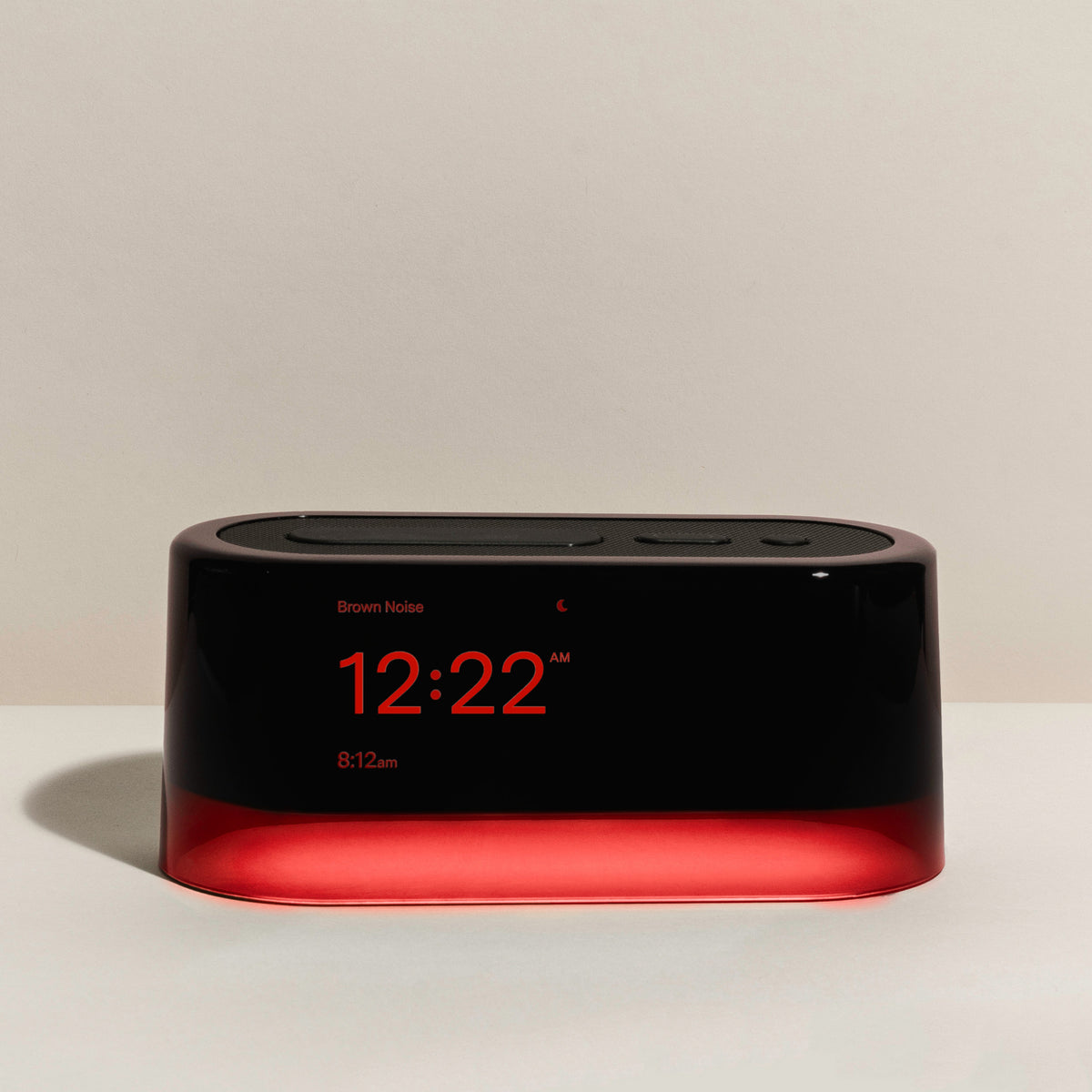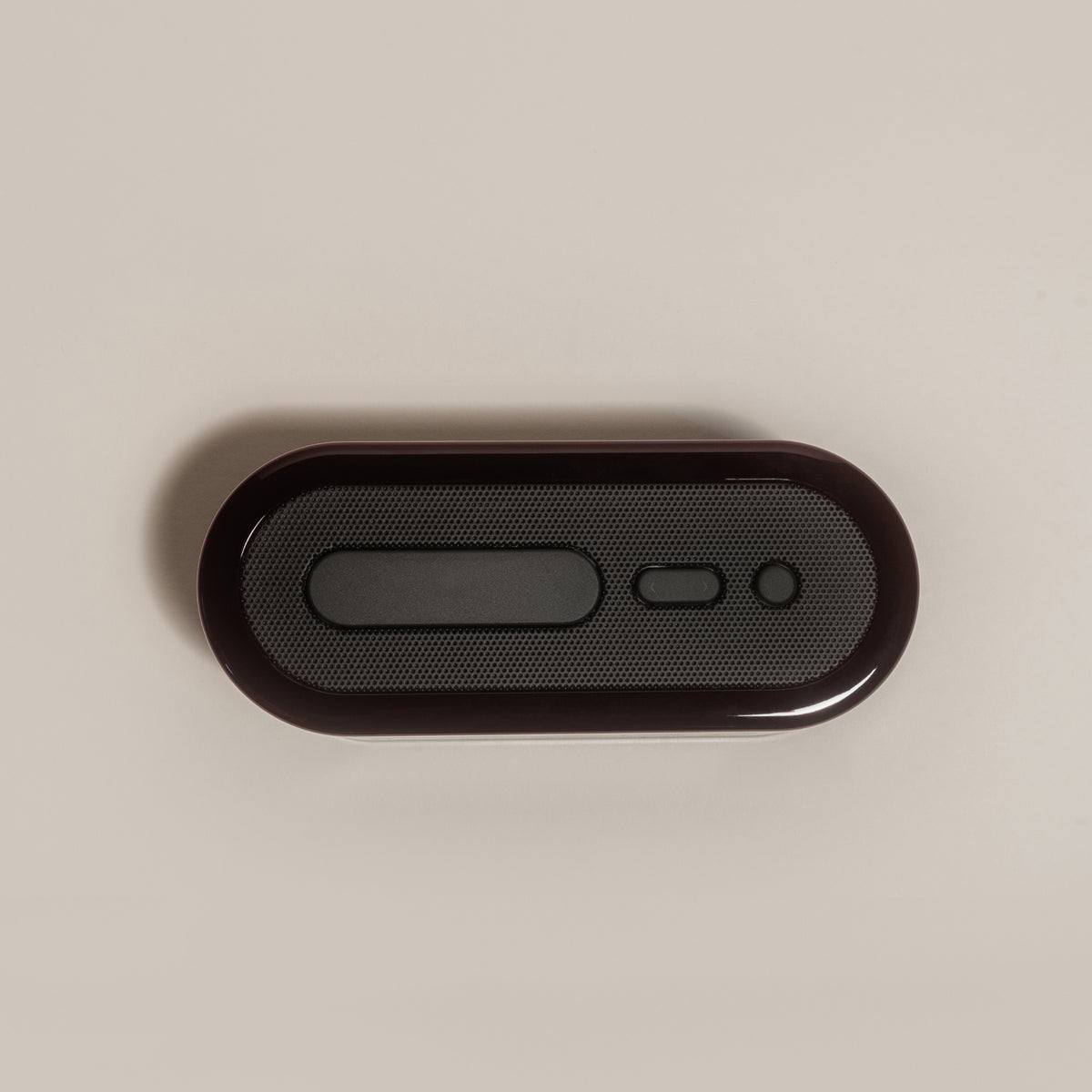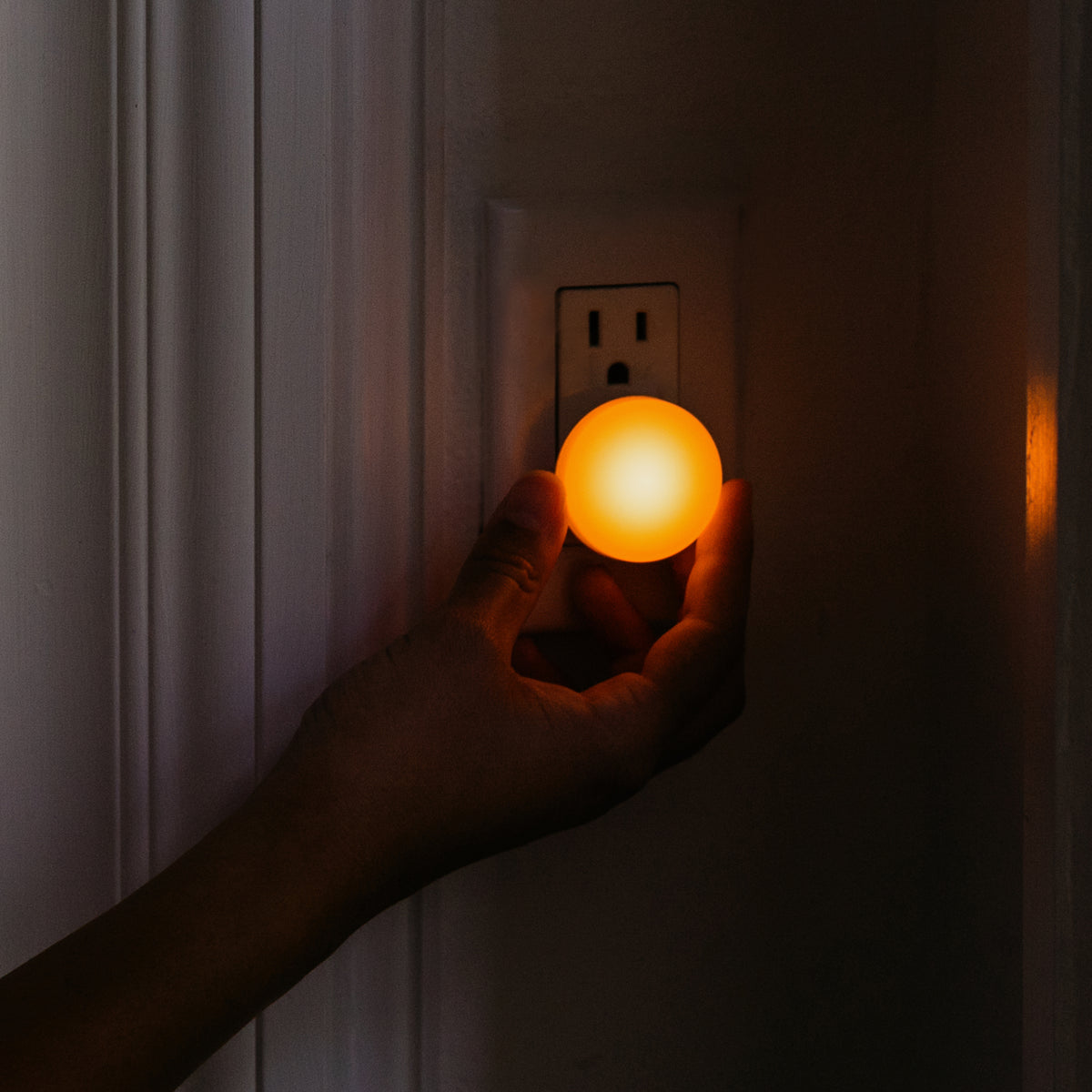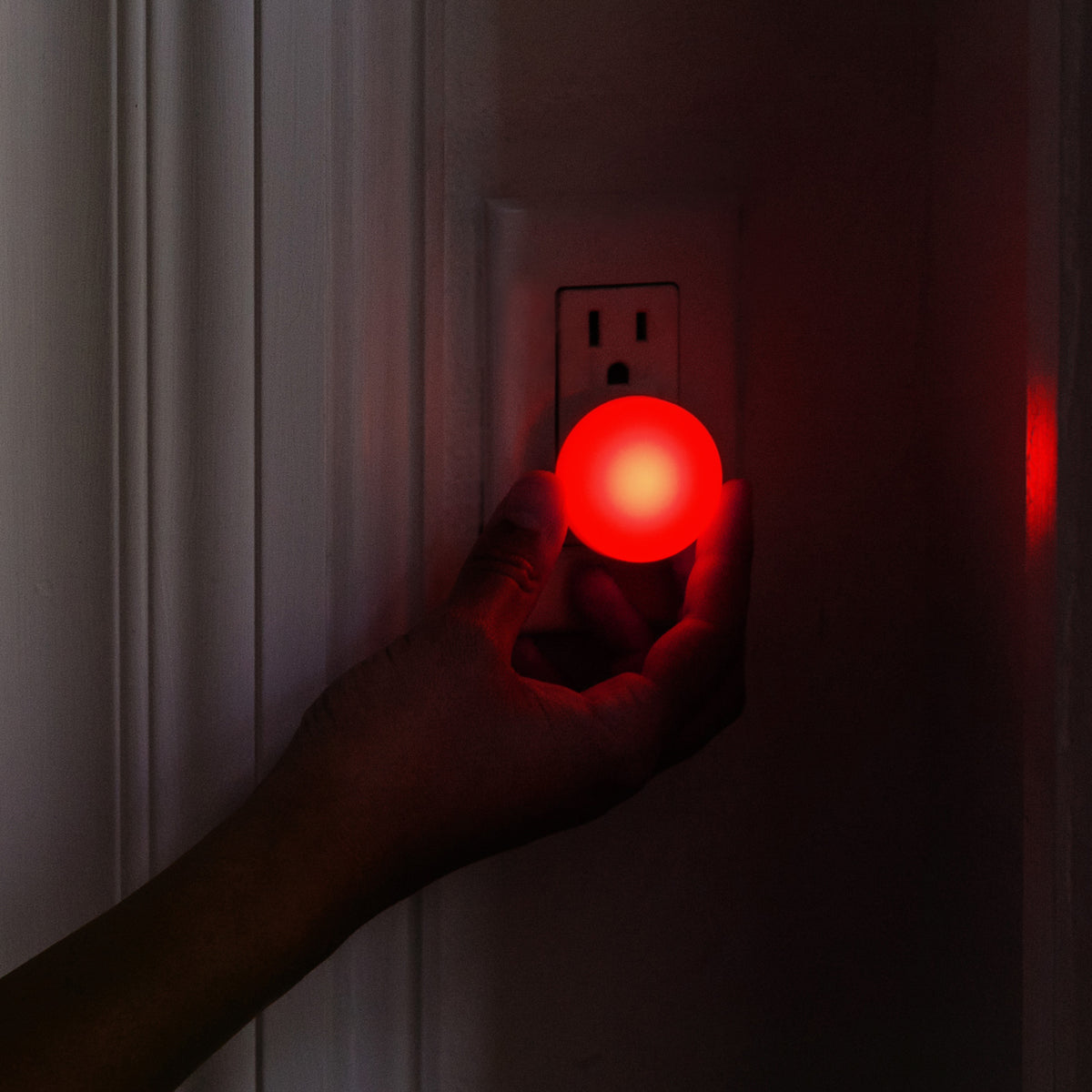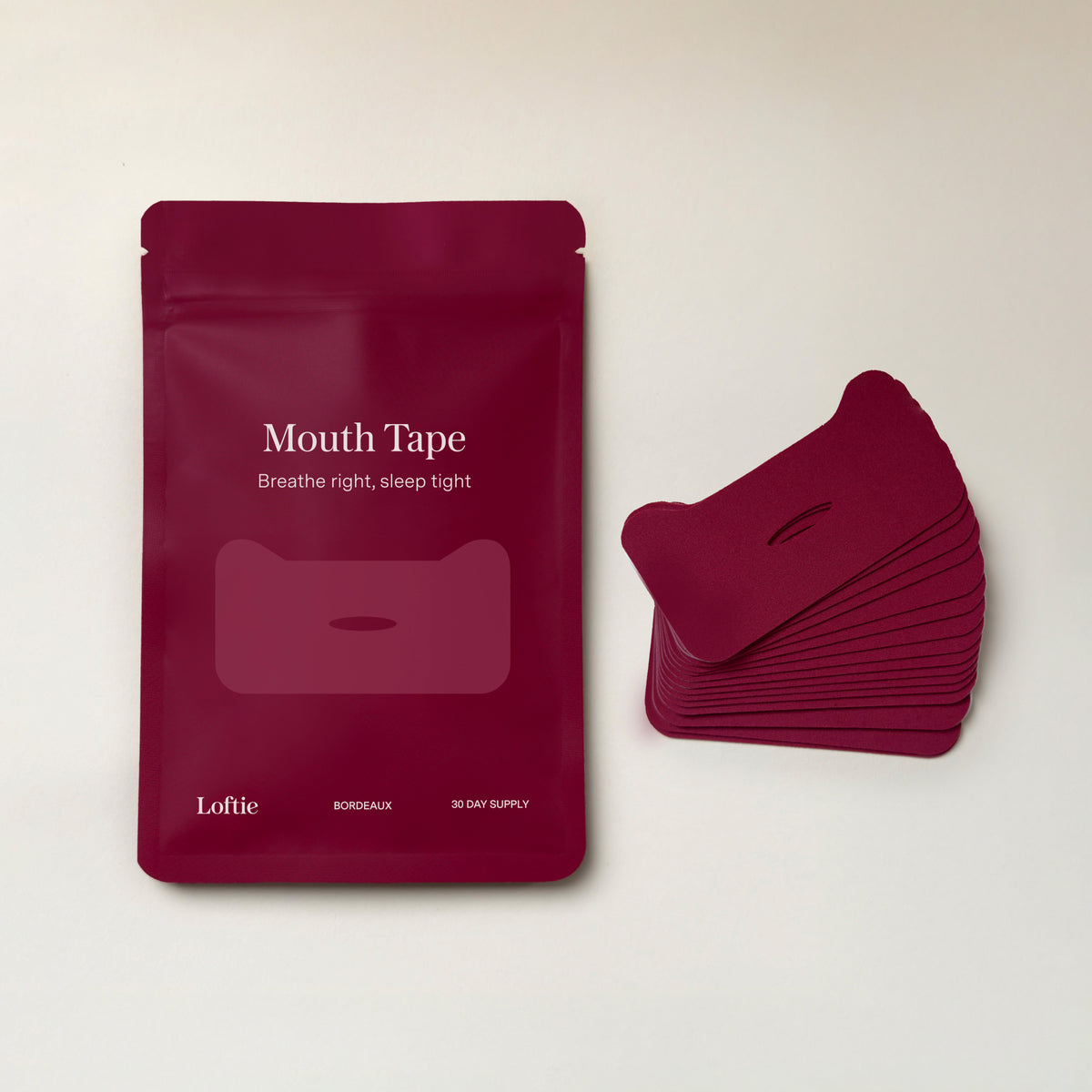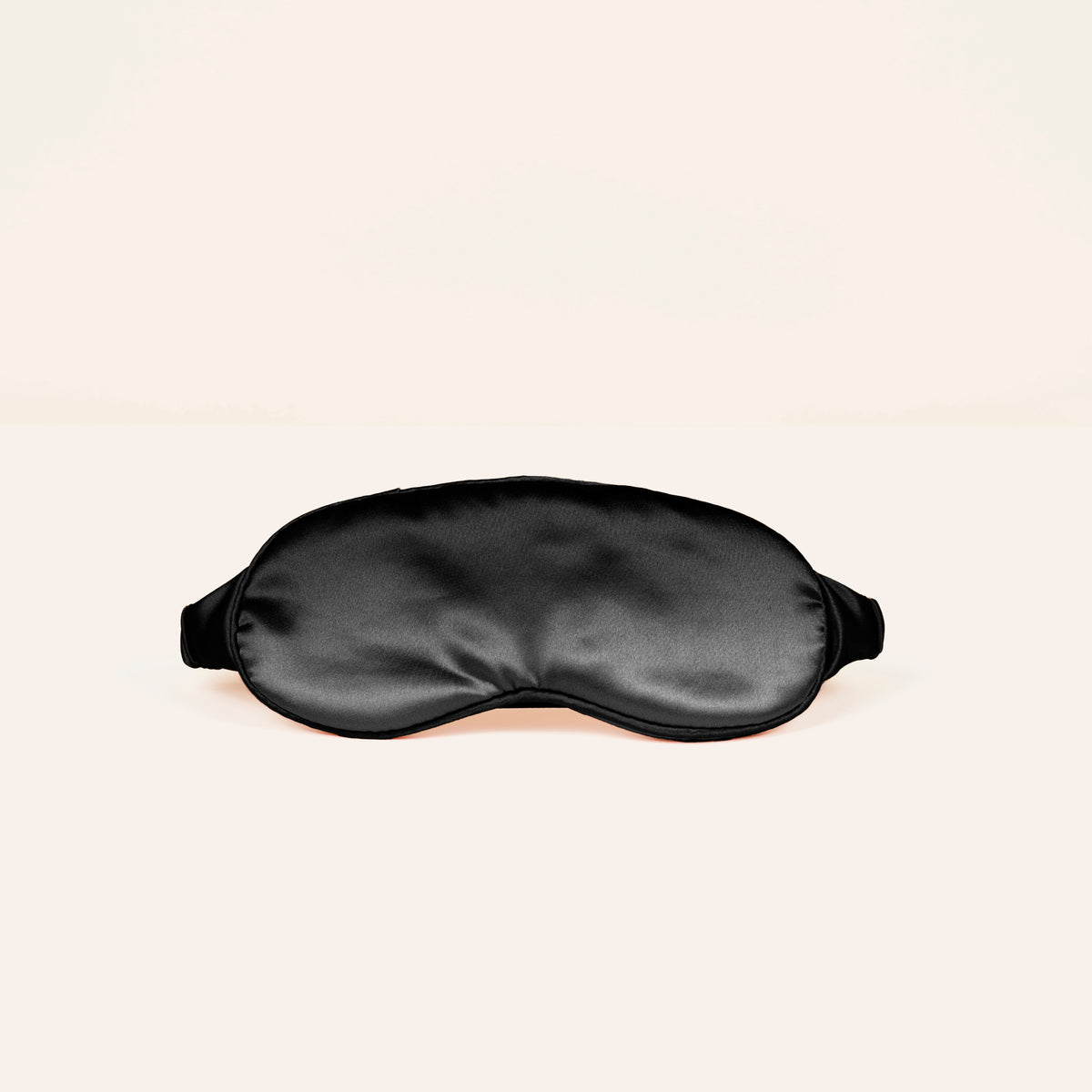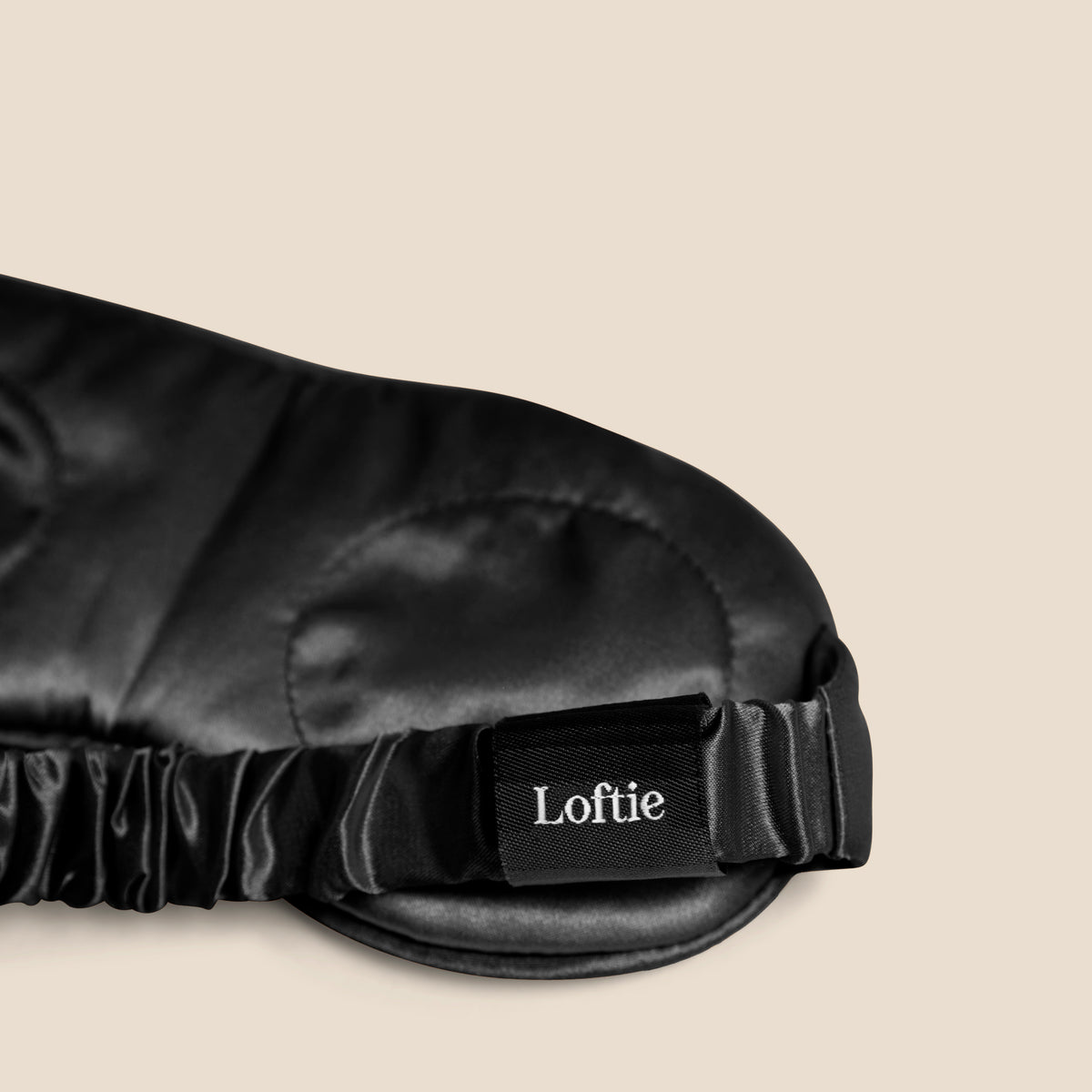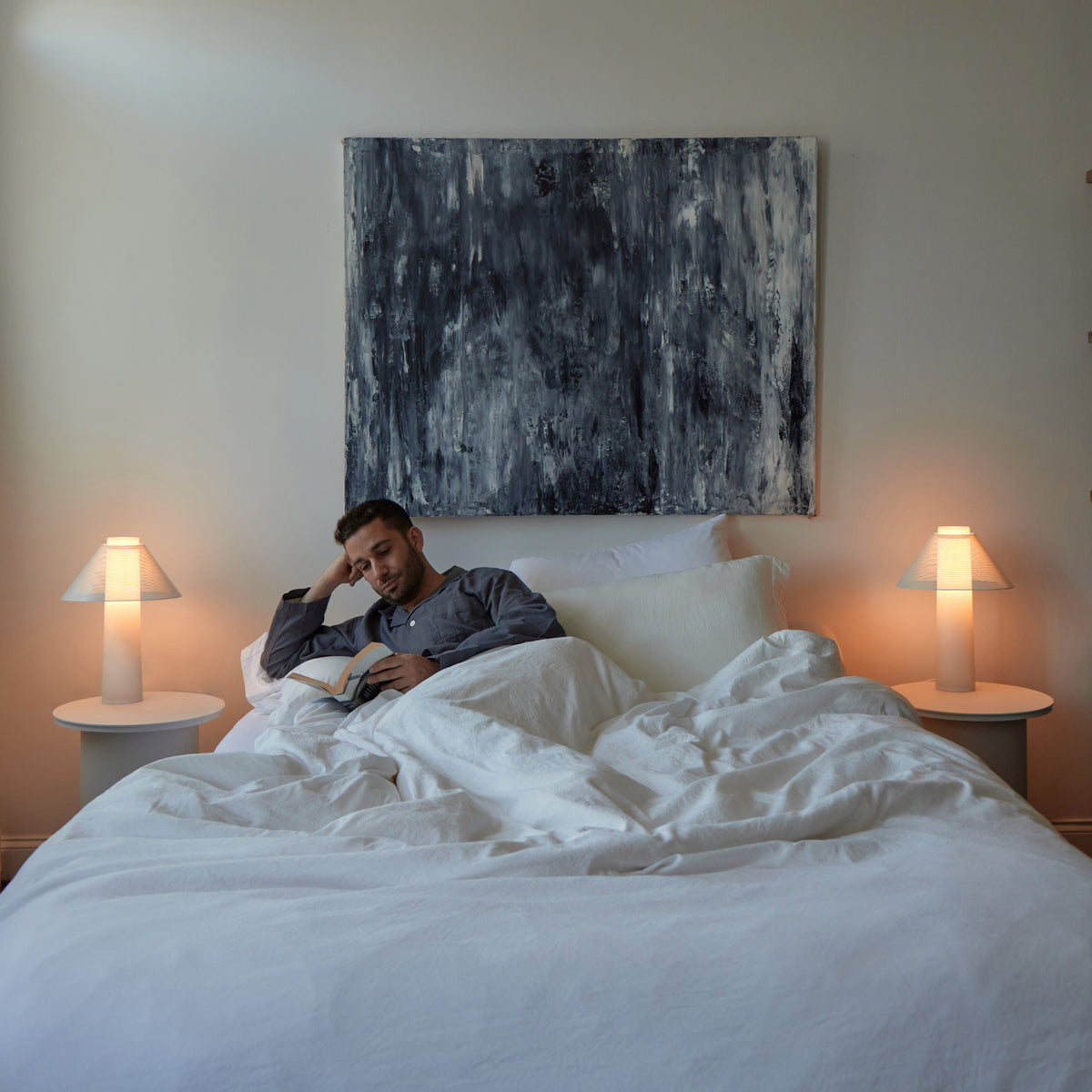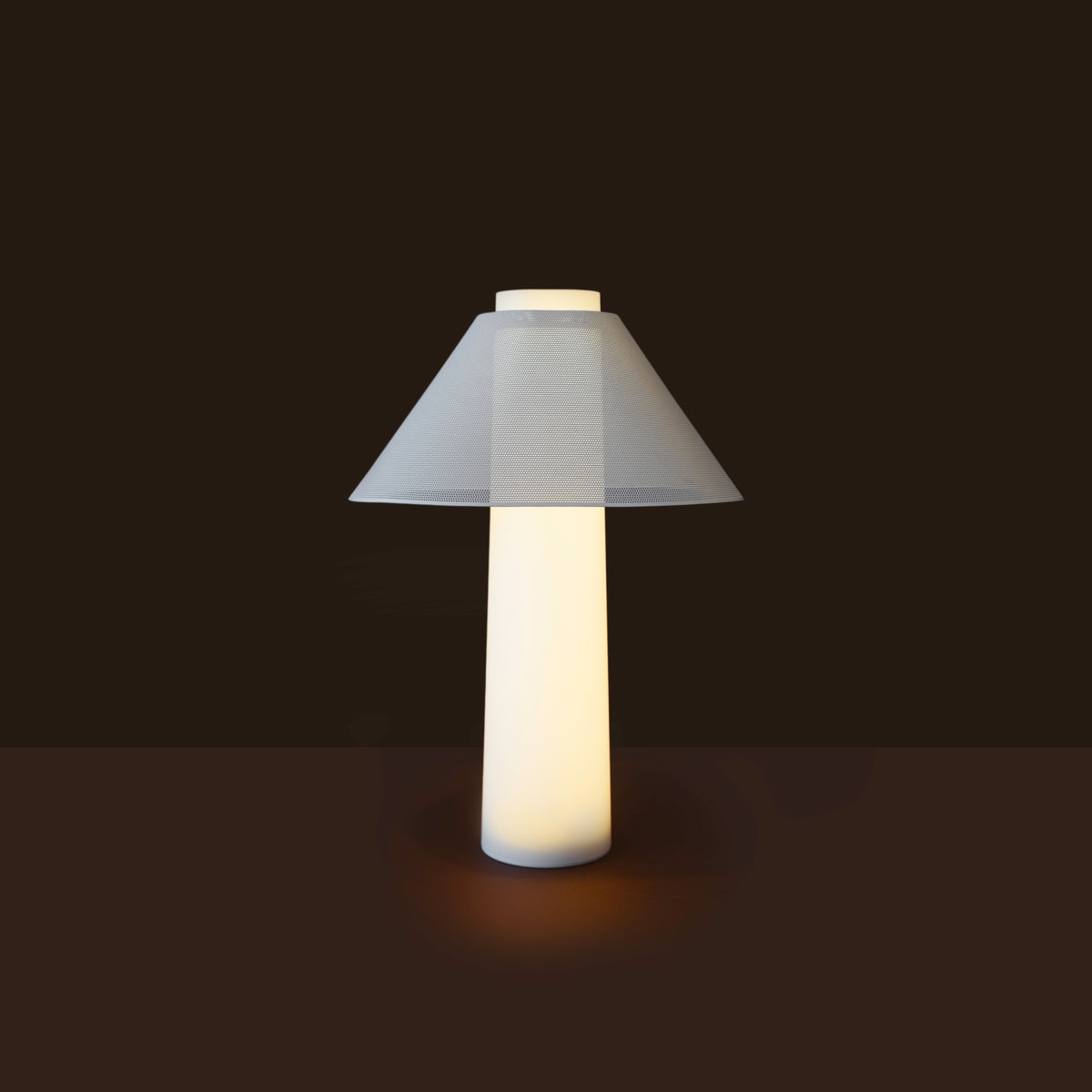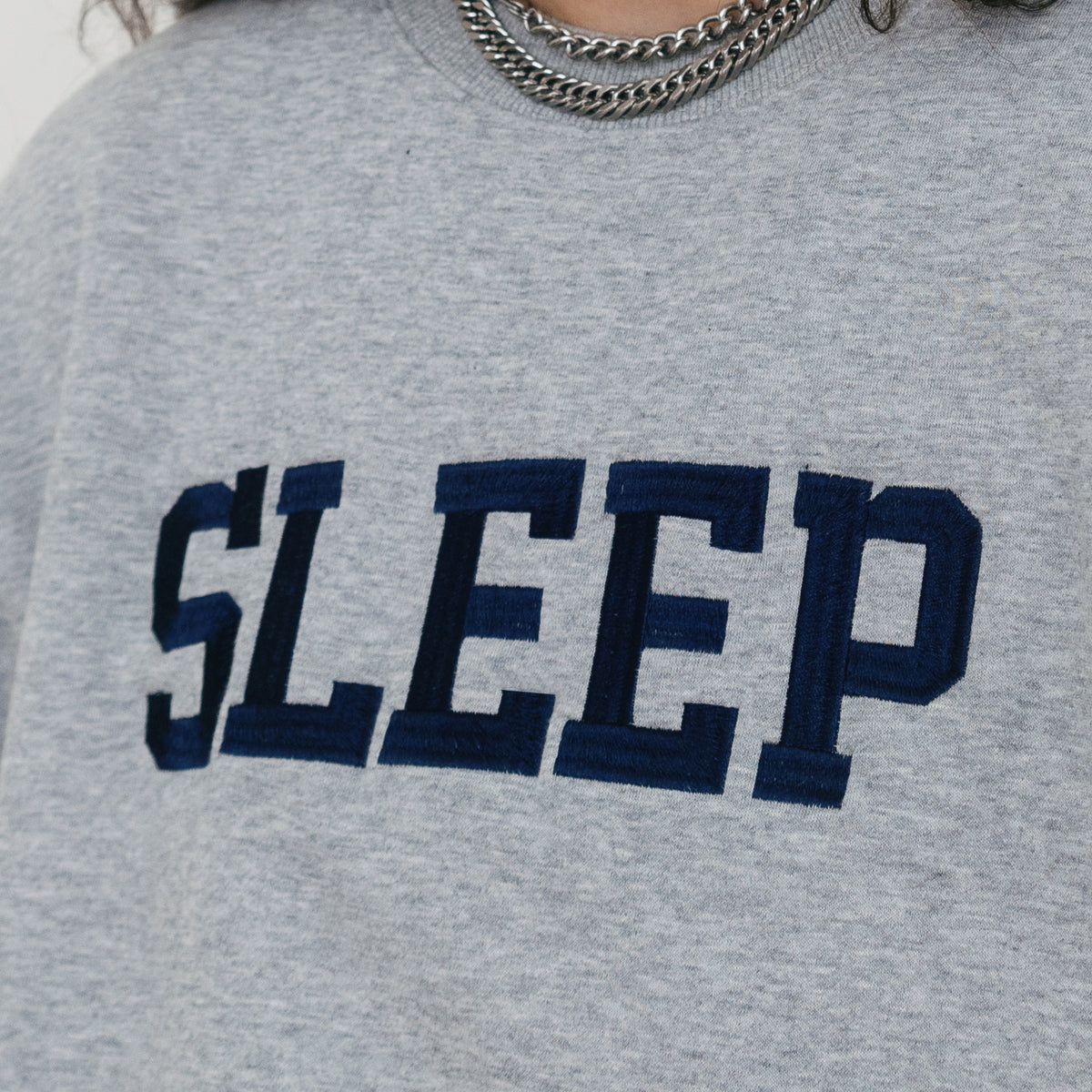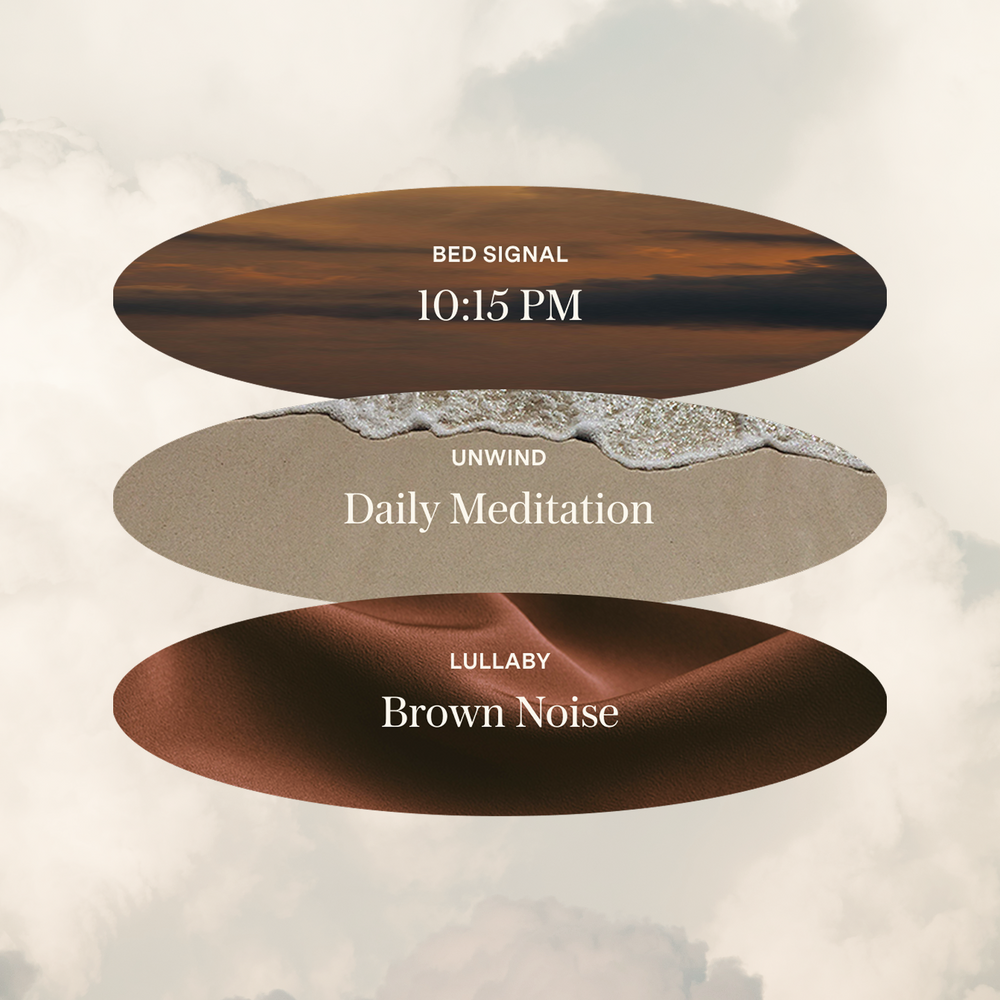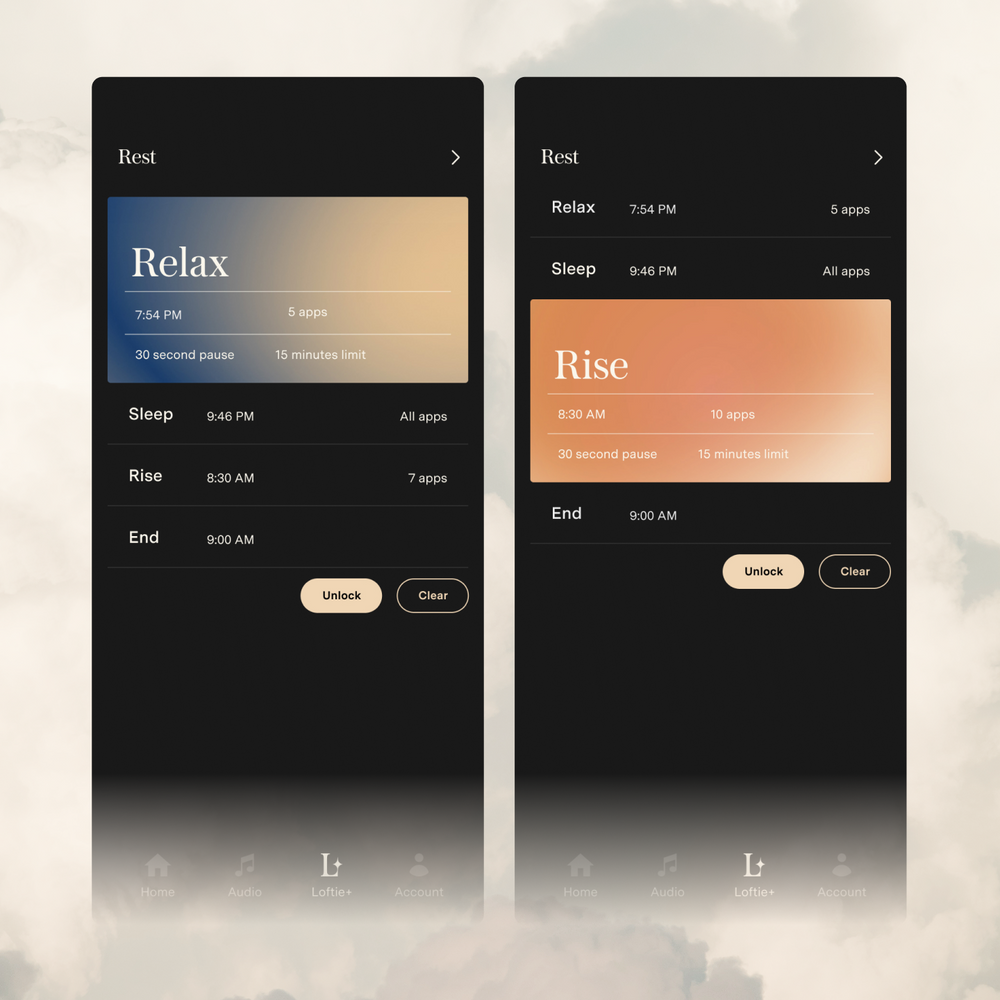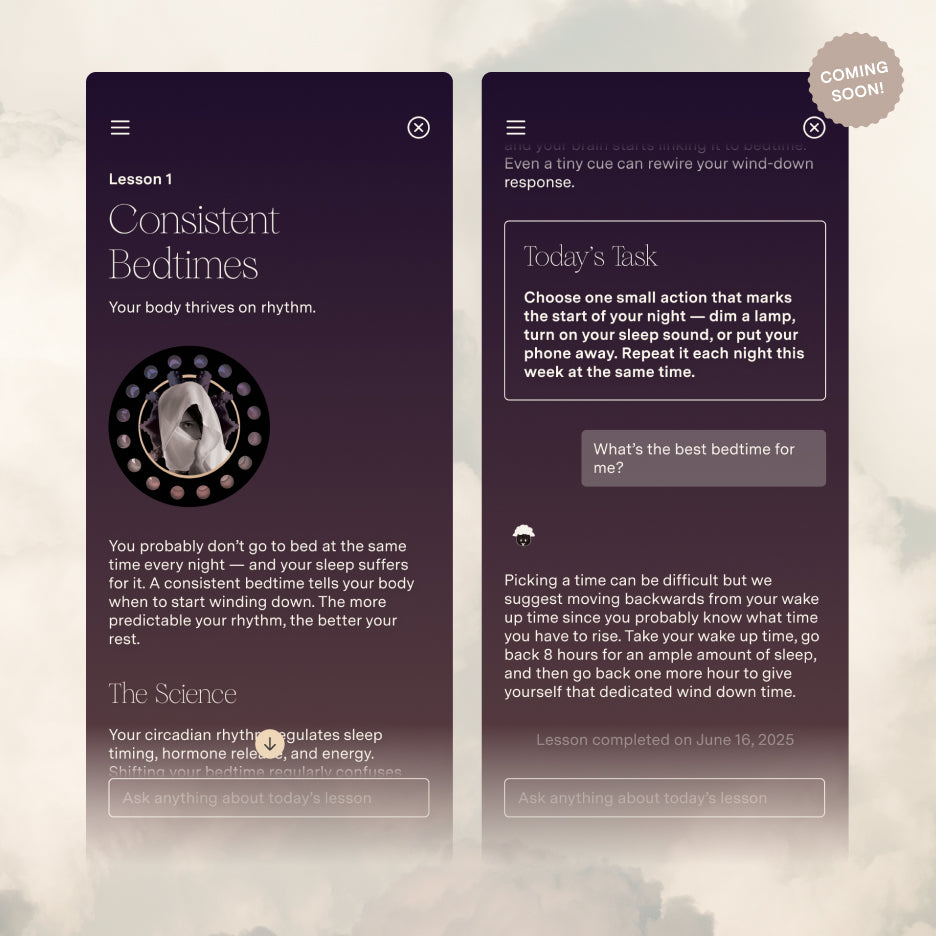From birth, the value of sleep could not be overstated. But as we age, this shifts, and we begin to value productivity over recovery. Whether it’s a health hack or a supplement, we’re inundated with trends that will promise us peak performance. But if you’ve experienced or witnessed the debilitating effects of burnout, then you’re probably asking yourself, how much sleep do I need to prevent it?
We often hear about the importance of sleep during early developmental phases, but research shows it’s not just our kids who will experience variations of sleep needs. Even though it’s an hour or two, if you have kids or a strict work or school schedule, then these factors can make a big difference in determining the proper amount of sleep your body needs to perform its best.
Sleep times vary depending on your age
It’s rare to find anything in life that is one-size fits all, and sleep is no exception. Research shows that our ideal sleep time frame changes as we age. The National Sleep Foundation suggests the following hourly sleep suggestions for each age group.
Newborns: 14-17 hours
12 months: 12-15 hours
1-2 years: 11-14 hours
3-5 years: 10-13 hours
6-12 years: 9-12 hours
13-17 years: 8-10 hours
18-64 years: 7-9 hours
65+ years: 7-8 hours
If you’re in the over 18 years of age category, then you might be wondering is 7 hours of sleep enough? Below we get into some of the best ways to determine the amount of sleep your body needs.
It also depends on your lifestyle
Lifestyle is an important factor when trying to determine how many hours should I sleep? The guideline above lists a range of acceptable hours of sleep for each age group but finding your optimal hours of sleep per night depends on overall health, daily activities, and typical sleep patterns.
Some questions that can help you determine where you fall in this hourly sleep range:
- Do you feel fully rested after seven hours of sleep?
- Are you regularly productive and energized throughout the day?
- Do you depend on caffeine to get you through the day?
- Do you clock an hour of brisk movement daily for exercise or for your job?
- Or, are you mostly sedentary during the day?
- Do you have any current health issues or sleep disorders?
- Do you experience significant fatigue or drowsiness during the day?
- When you have an open schedule, do you sleep more than you do on a typical workday?
If you feel mostly energized and at your best, then you’re likely getting the optimal amount of sleep. However, if you answer overall, frequently tired or experience a consistent afternoon crash, then you might want to look at reducing or eliminating factors like caffeine, adding light exercise, going to bed earlier, or adding another hour of sleep.
Another way to assess your sleep is to experiment with when your body naturally gets sleepy and when you naturally rise in the morning (without caffeine or an alarm). Try sleeping for that ideal amount of time that your body prefers and see how you feel after a week.
Can you train your body to need less sleep?
While getting the optimal amount of sleep at night is important, quality of sleep is also key. In a full night’s rest (roughly 7.5 hours), we cycle through two phases of sleep, rapid eye movement (REM) and non-rapid eye movement (NREM) sleep. The amount of time spent in each of these sleep stages varies, but research suggests each ranges in total from about 60 to 120 minutes with most people experiencing four to six cycles of all four sleep stages each night.
REM is our fourth sleep stage and occurs approximately every 90 minutes. It’s known for supporting our memory, learning, and creativity and being the stage when we experience the most restorative effects. Depending on your age, REM accounts for 20%-25% of an 8-hour night of sleep. If you skimp on sleep, you won’t be able to successfully cycle through the sleep phases to get the most restorative benefits. There are some people who report feeling great with less than seven hours of sleep per night. Experts agree that this is not ideal and is probably reported due to people feeling used to the effects of sleep deprivation and not performing at their best.
So, how many hours of sleep do you need? For most adults it's within 7-9 hours, but evidence shows some individuals with a rare genetic mutation can thrive on less. These are people who can perform with just six hours of sleep. But, before you get your hopes up, statistics tell us you’re more likely to be struck by lightning than have this unique sleep gene.
Making Sleep a Priority
Cutting sleep short might be tempting when you’re pressed for time in the morning or want to stay up past your bedtime, but the research shows us that this has both short and long-term effects that this sleep debt isn’t good for mental and physical health.
So, how many hours of sleep do adults need? Stick to the magic number that suits you within that 7-9 hour range and make your sleep schedule your priority—even on the weekends. This discipline allows your circadian rhythm (or natural sleep-wake cycle) to sync so you feel energized in the day and ready to wind down at night.
Some best practices for better sleep are:
Wind down with a relaxing routine: Instead of scrolling on your phone or binging your favorite show. Try a puzzle or read a book.
Assess your sleep environment: Keep it comfortable, cool, and dark. Dim the lights before bed and make sure your bedroom is set at 68 degrees fahrenheit, this is the ideal sleep temperature to support your natural melatonin production.
Minimize potential disruptions: Avoid bright or blue light and noise. Sleep with an eye mask or try white noise if your surroundings are too loud.
Track your progress: It’s hard to remember what works and what doesn’t. Keep a sleep log or diary to track the amount and quality of your sleep. This way you can know your triggers and set yourself up for success every night.

